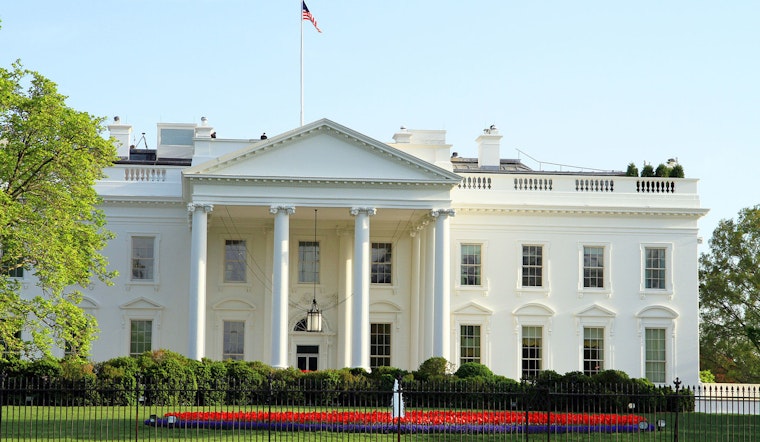
In a move to bolster defenses against global health threats, the White House rolled out a comprehensive strategy aiming to enhance readiness and response mechanisms for potential health crises worldwide. The newly-minted U.S. Global Health Security Strategy (GHSS) takes a science-based, whole-of-government approach, seeking to protect the health and economic stability of Americans and global populations alike.
Detailing the administration's plans, the strategy springs from a determination to shore up the country's position in the aftermath of the COVID-19 pandemic, with a recognition that biological threats don't respect borders. "A biological threat anywhere can turn into a health emergency everywhere," as cited from an announcement detailed in the White House's official briefing. Through herculean efforts, the U.S. has expanded its global health security partnerships from 19 to a staggering 50 countries.
The plan triangulates three main objectives: strengthening global health security capacities via bilateral partnerships, catalyzing political commitment and funding, and boosting the integration of health security with complementary programs. The United States, according to the strategy, has committed to working alongside these 50 partner countries to "build, further strengthen, and sustain a level of demonstrated capacity in at least five GHS areas."
Moreover, the Biden-Harris administration pledges to sustain its position as the world's leading investor in health security. In the tireless battle against pandemics, the United States takes pride in spearheading the establishment of the Pandemic Fund, envisioned to support the countries most in need. This endeavor is just a fragment of their bid to transform financing for global health security, which now includes the push to reform international financial institutions like the World Bank.
The GHSS contends to not only reinforce the fight against direct health threats but also to underpin related realms such as a One Health approach, integrating data from various sectors. It emphasizes the need for robust partnerships across development programs, ranging from food security and water sanitation to community leadership. "Collectively, these actions will make the United States, and the world, safer from the risk posed by pandemics and other health security events," reaffirms the White House proclamation.









